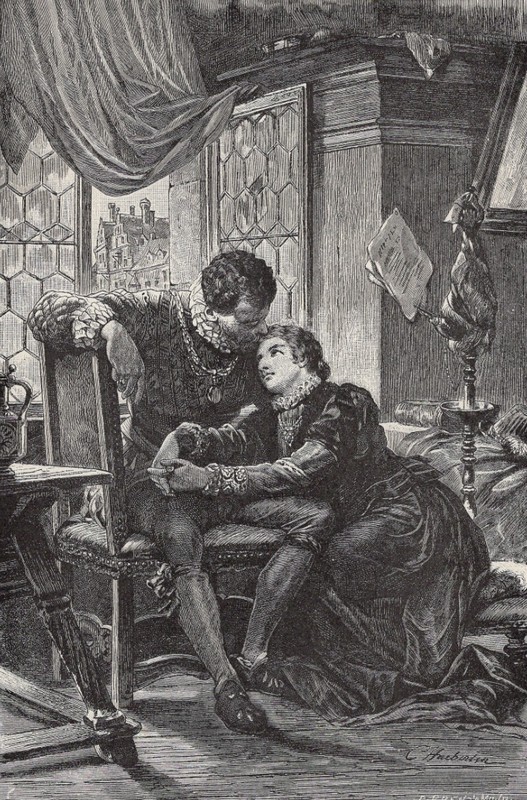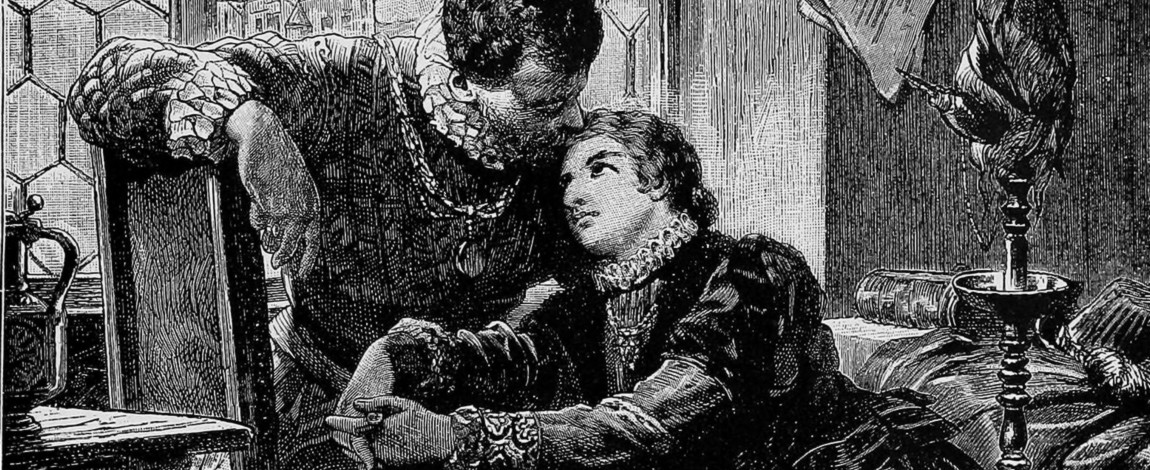
This week’s poem is a bit like last week’s, “Ein Fichtenbaum steht einsam”: it has inspired many songs, but none is particularly well known. I’m talking about the poem that begins with the words “Freudvoll und leidvoll” [Full of joy and full of sorrow], by Goethe, which is part of the play Egmont. It's sung by Clärchen, the protagonist’s lover, to tell her mother —once again— that she is not interested in marrying a man she does not love, even if he loves her as much as Brockenburg does.
So far, we’ve listened to two songs upon this poem: Die Liebe, composed by Schubert in 1815, and Freudvoll und leidvoll by Liszt, in the version from 1848. We’ll add to this small series the song by Anton Rubinstein, Clärchens Lied, Op. 57/4, published in 1862, the same year he founded the Saint Petersburg Conservatory. I couldn’t tell you when he composed it; as we’ve mentioned before, there’s little information available about this composer’s songs. At least, I’ve found a good recording, by Hélène Lindqvist and Philipp Vogler.
It seems that, when setting this poem to music, composers must choose between the joy and the sorrow of the opening lines. And it also seems that Rubinstein decides joy. Although, as we know, in a song things are never that simple. Listen to Clärchens Lied and, if you feel like it, listen again to the songs by Schubert and Liszt, and follow the three of them word for word. It’s a worthwhile exercise.
Und leidvoll,
Gedankenvoll sein;
Langen
Und bangen
In schwebender Pein;
Himmelhoch jauchzend,
Zum Tode betrübt—
Glücklich allein
Ist die Seele, die liebt.
Please follow this link if you need an English translation















Comments powered by CComment